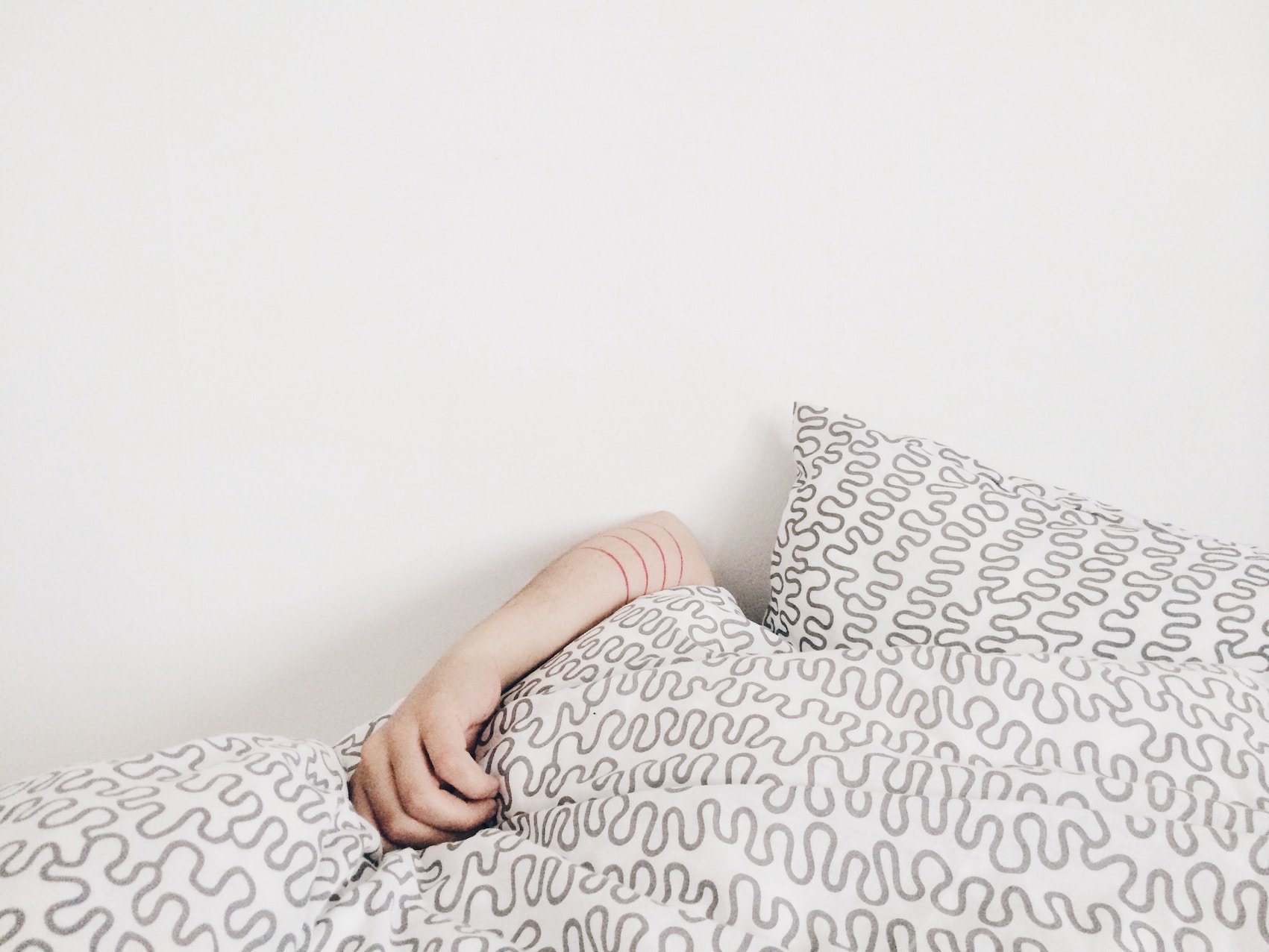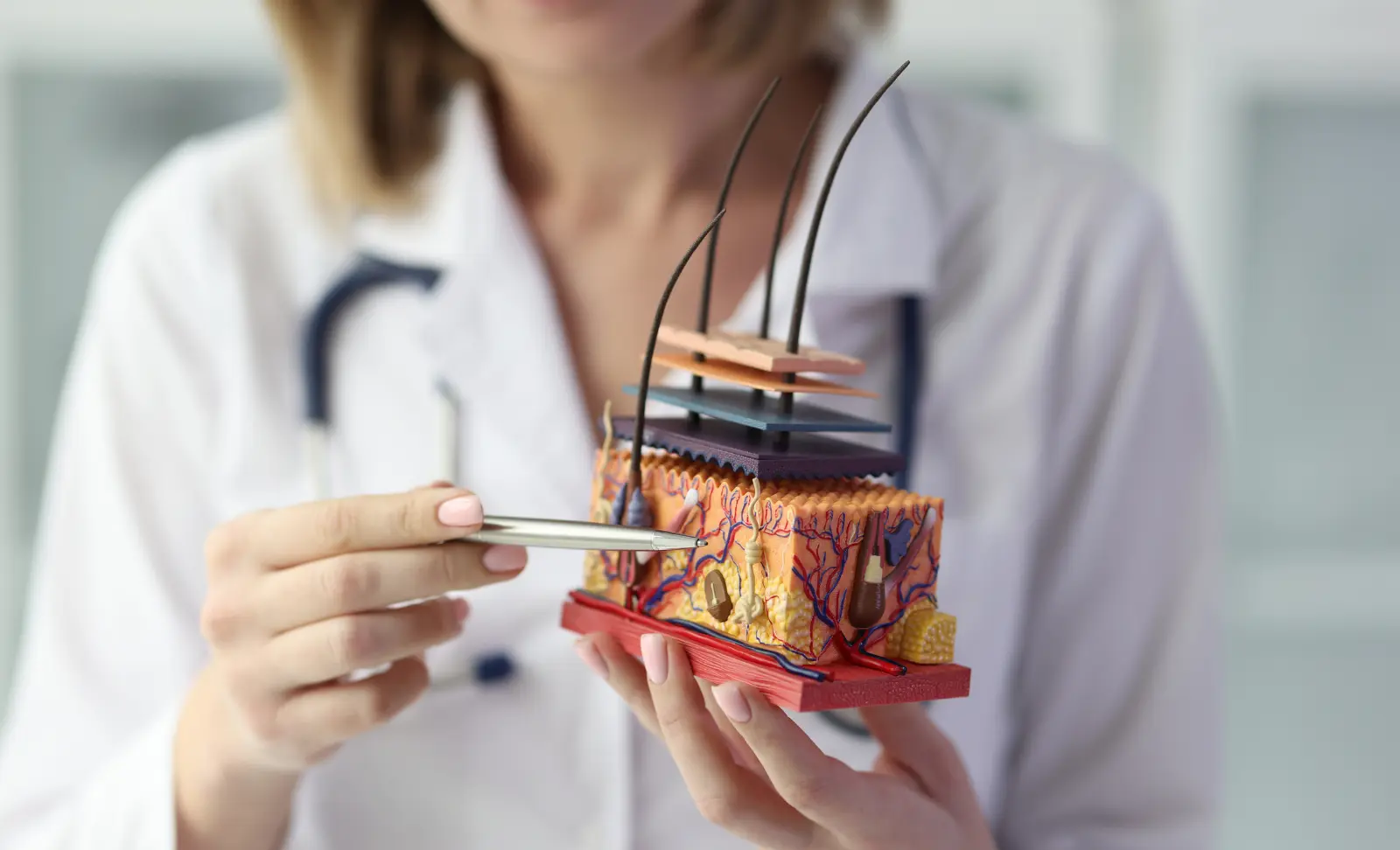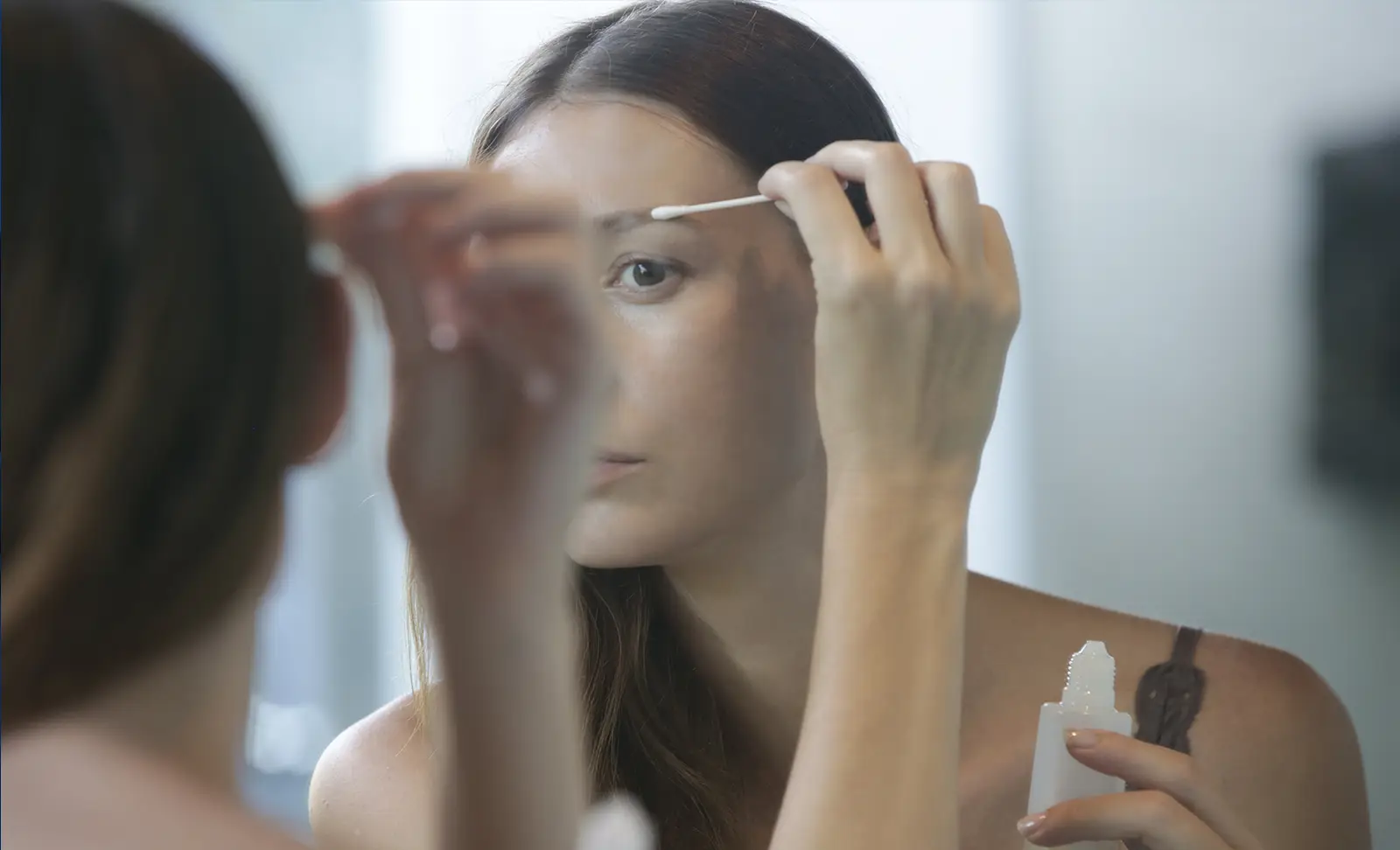
Sleep is a vital part of leading a healthy lifestyle, not getting enough and even getting too much sleep can have a negative impact on the following day. If you’re not getting a good amount of sleep on a daily basis it can really have a negative impact on everyday life and it can even have an impact on your hair and could lead to hair loss.
Poor sleep on a regular basis is in itself a form of stress. When we sleep our body uses the time to repair from the day. Not getting enough sleep can set off biological reactions which can have a negative impact on the body, including the hair which can then become dull, dry and prone to breakage. With this in mind, it’s important to ensure you are getting enough sleep and that you’re aware of the impact a lack of sleep can have on you.
How much sleep should I get?
How much sleep should get each night is a bit of a difficult question, different people will benefit from more sleep and some from less. The National Sleep Foundation released figures that show those ages between 18-65 should get an average of 7-9 hours per evening.
As mentioned previously, different people will need different amounts of sleep. The national sleep foundation is a great source to look into how much sleep on average each age group will need. It also offers tips on how to improve your sleep.
H2: Not enough sleep can have a negative impact on health
The quality of your sleep and how much sleep you get will have a direct impact on both your mental and physical health. Sleep can have a huge impact on our waking life and can affect our productivity, emotional balance, brain, health, immune system and can lead to other issues such as stress and hair loss.
Many of us think sleep is simply the time where your body shuts off and relaxes, but it isn’t. While we rest our brain stays busy, overseeing biological maintenance that will keep your body in the best condition and will allow you to be at your best during your waking hours.
Stress and hair loss
If you find it hard to sleep and continually get fewer hours sleep than you should you can become stressed in your day to day life. Hair loss induced by stress is one of the most common causes of hair loss.
Both physical and mental stress can put your body through a lot and excessive amounts of stress over a long period of time, such as going through a divorce, starting a new job, or physical stress to the body (such as an operation). The stress can cause abnormalities within the hair cycle.
Stress related hair loss is a type of telogen effluvium that can cause the hair to shed. Stress pushes hair follicles into the resting phase, this can cause the hair growth phase to stop. The hair will then lie dormant for around three months before it begins to shed.
If you would like more information on hair loss and how the Harley Street Hair Clinic can help you, please contact us today for a no obligation consultation.


